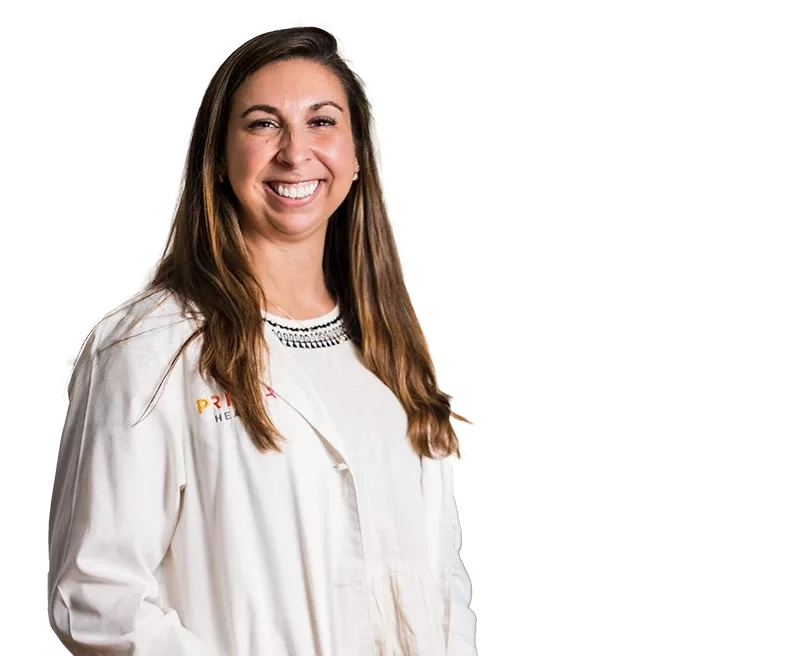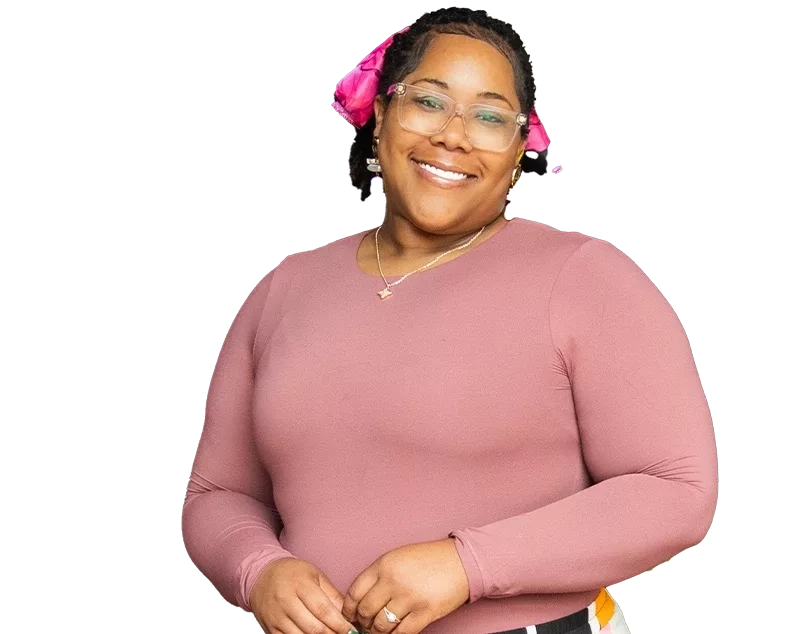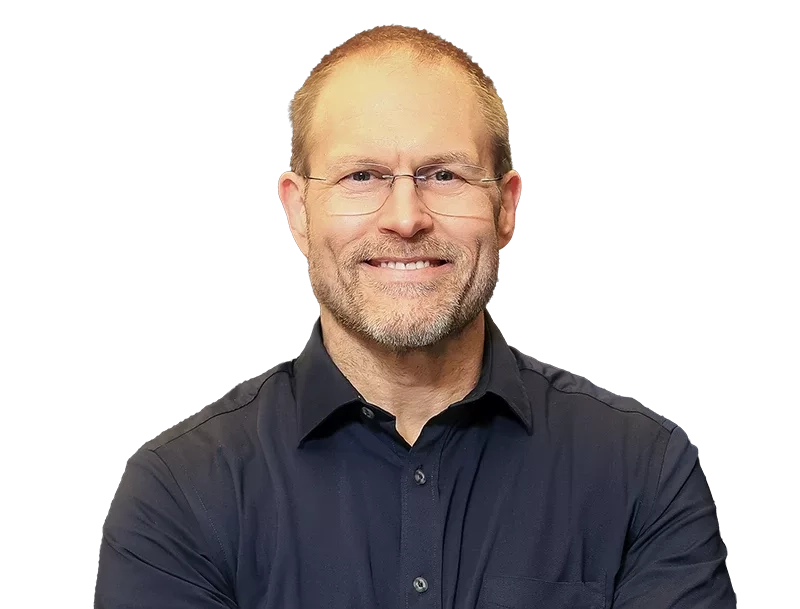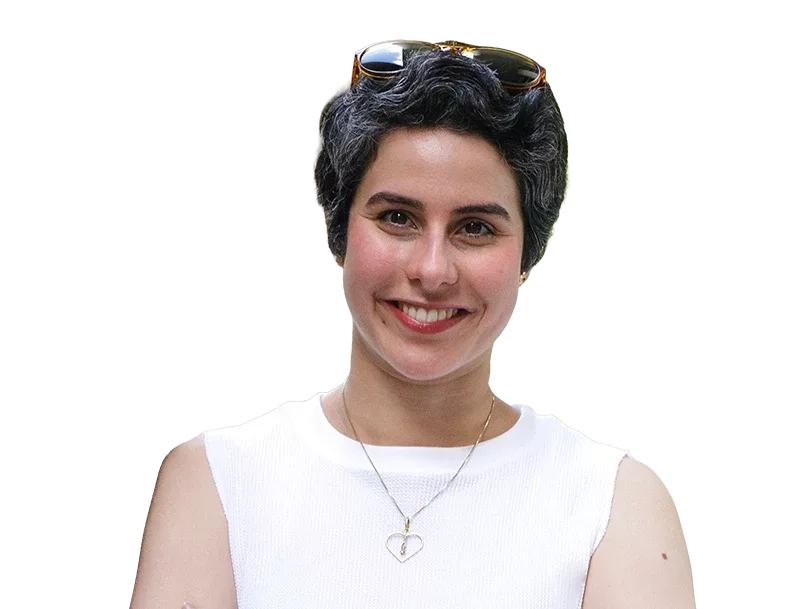

Carolyn Jeter
Parent Advocate, Foster America
Carolyn Jeter
Parent Advocate, Foster America
Early Intervention Helps Families Stay Together
America’s child welfare system runs on the emergency room model, swinging into action after someone’s been harmed.
But what if child welfare help came far earlier, perhaps even before social workers launch investigations into reported abuse or neglect?
That paradigm-shifting thought drives an ambitious national project called the Opportunities for Prevention & Transformation Initiative, or OPT-In for Families. Hoping to keep kids from entering foster care, OPT-In offers families help at the earliest sign they might be struggling, well before the child welfare system formally intervenes.
OPT-In focuses on child maltreatment reports that are “screened out” of the child welfare system because they do not meet the threshold for assessment or investigation by social services. It pays close attention to screened-out child neglect reports, such as those involving unkempt homes, inadequate clothing or food insecurity. Experts say such reports are often screened out due to a lack of immediate danger to children. However, those issues can intensify over time, overwhelming parents and sparking later maltreatment.
Instead of leaving such families to fend for themselves, OPT-In connects them to community resource hubs where trained navigators find programs that meet their needs. The initiative could help many in South Carolina, where social workers screen out almost 36,000 families annually. The South Carolina Department of Social Services is helping lead the effort to build an OPT-In pilot program in the Palmetto State.
“This isn’t even child welfare. This is the prevention of child welfare cases,” said Chynna Phillips, a senior director for Foster America, a national organization helping to develop the South Carolina pilot sites. The Duke Endowment, the Aviv Foundation, the Leon Levine Foundation, the HopeStar Foundation and the Doris Duke Foundation are supporting the pilot. The Doris Duke Foundation, OPT-In’s initiating funder, also supports pilot sites in Oregon, Kentucky and Washington, D.C.

Jamal Stroud, Parent Advocate, Foster America
Jamal Stroud, a father of two, looks back on his troubled childhood and concludes he might have avoided foster care had his family received the kind of parenting classes, economic supports and other early assistance that will be provided by OPT-In.
“It’s so easy to separate families and say, ‘Let’s put the kids in foster care.’ But it’s like going down a rabbit hole from there,” he said. “I’ve lived it.”
He serves on OPT-In’s South Carolina advisory board. So does Carolyn Jeter, a mother of two who calls OPT-In a welcome change from the traditional after-the-fact approach to child welfare. She applauds its focus on listening closely to people like her, who have lived experience of the foster care system. As a child, she and her siblings were split up as they were shuffled from placement to placement.
“I believe if we had [OPT-In’s] type of wraparound service,” she said, “it would have been a much better outcome.”
Once the project is fully up and running in South Carolina, its goal will be to reduce the number of families who are re-reported to social services for alleged abuse or neglect. Officials also hope to see reduced spending on investigations and foster care.
The Endowment supports OPT-In as part of its commitment to support the development and testing of innovative child welfare approaches. OPT-In should be available to South Carolina families in fall 2025.
“Some of the child welfare system’s most pressing challenges have been around for generations,” said Phil Redmond, director of the Endowment’s Child and Family Well-Being program area. “Promising new programs like OPT-In offer us new ways of attacking these stubborn problems and improving the futures of families across the Carolinas.”

Promising new programs like OPT-In offer us new ways of attacking these stubborn problems and improving the futures of families across the Carolinas.

PHILLIP H. REDMOND JR
Director of Child & Family Well-Being
The Duke Endowment






